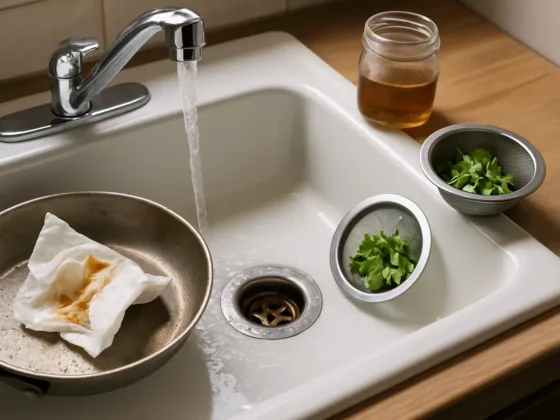Table of Contents Show
When it comes to constructing a home, garage, or driveway, people always differ in terms of materials used for construction. There has been a raging conversation among contractors and homeowners on which is the better option for construction, especially between epoxy grout and cement.
Compared to traditional cement grout that’s made out of a mixture of water and cement, epoxy grout products include a mixture of epoxy resins and filler powder that make it virtually stain proof and more durable.
In terms of the construction structure toughness, durability, installation, cost, and personal preference, let’s look at a comprehensive guideline to help you determine which one you should use for construction.
Tenacity
This involves the compactness of the grout, its reliability over time, and what it can sustain in terms of toughness.
Epoxy grout is gaining preference as compared to cement grout mainly because of its toughness, durability, and reliability. It can last longer without losing its original installation state.
Better yet, due to its non-porous property, it’s always dry and also keeps unwanted stains minimal. This property helps the epoxy grout to sustain harsh cleaning products and other chemicals.
On the contrary, cement grout is far more porous as compared to epoxy grout. Floors made out of cement grout easily absorb dirt or sludge that the floor comes in contact with.
It’s also less resilient to harsh cleaning products or chemicals and consumes much more time during cleaning. These aspects can render homeowners and contractors to consider other floor remedies, such as epoxy grout.
Cost
Every selling product on the market usually narrows down to cost-effectiveness compared to the time it’ll serve its purpose. Therefore, the cost is usually the main concern for both homeowners and contractors.
For example, repairing a driveway using concrete may be affordable compared to using epoxy grout. The initial cost of buying and installing epoxy grout is expensive than that of cement.
Others may consider this as a downside, but looking at other positive aspects that come along with it, such as longevity, cost of maintenance, and minimal cleaning required, it’s an investment you surely want to take.
As mentioned, cement grout is cheaper. The initial cost of buying cement grout products and labor used to install the same will surely lure you to go for it. However, it requires regular periodic maintenance after some time, and it’s subject to breakage.
All these expenses come at a cost that eventually sums up to be more than the total cost invested in epoxy grout.
Read Also:
Installation
For both the initial installation and repairs, epoxy grout requires a keen eye and preciseness. Therefore, the workforce involved must be highly skilled to properly manipulate it into place and avoid staining.
It also dries faster, thus to prevent the mixture from drying up before use, it requires the workforce to act fast in utilizing it.
Cement grout is much easier to install since it has been in use over a long time, making it more popular among homeowners and contractors. It only requires basic knowledge of water, cement, and sand mixing ratio to come up with a cement mixture.
The mixture takes time before drying up, which provides ample time to do it right.
Cement grout is also easier to adjust when the installation isn’t properly done, making it convenient even to amateur contractors and can suit changes from the owner if the need arises.
Maintenance
Epoxy grouts possess a non-porous feature, which means it doesn’t require any sealing after the installation. With this property, the epoxy grout easily stains, thus requires scrubbing from time to time.
Cleaning grout is done by applying a mixture of vinegar and water or bleach and water to the surface, then gently wiping with a rug.
Many may consider the initial cost of installation and the challenges that come with it as a drawback, but, in the long run, it’s cheap and easy to maintain.
On the other hand, it’s essential to seal cementitious grouts due to its porous property. Sealing the cement with a penetrating sealer after two years keeps it stainless from latex additives, and enhances its waterproof ability.
Its initial cost is cheap, but, in the long run, the work input and cost of maintenance are far more expensive.
Conclusion
Even though epoxy grout is challenging to work with, it has a lot of benefits as compared to cement. Based on durability, reliability, installation, and cost, epoxy grout is far more beneficial for both homeowners and contractors.
The main difference between cement and epoxy grout is the length of service of the product. As such, it’s important to take note of the long-term advantages while making your decision.











